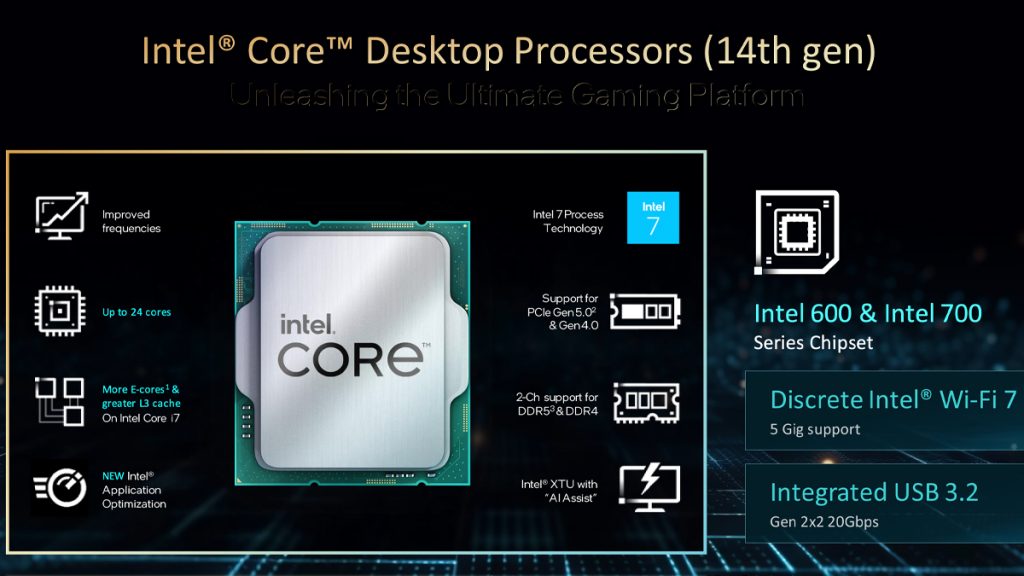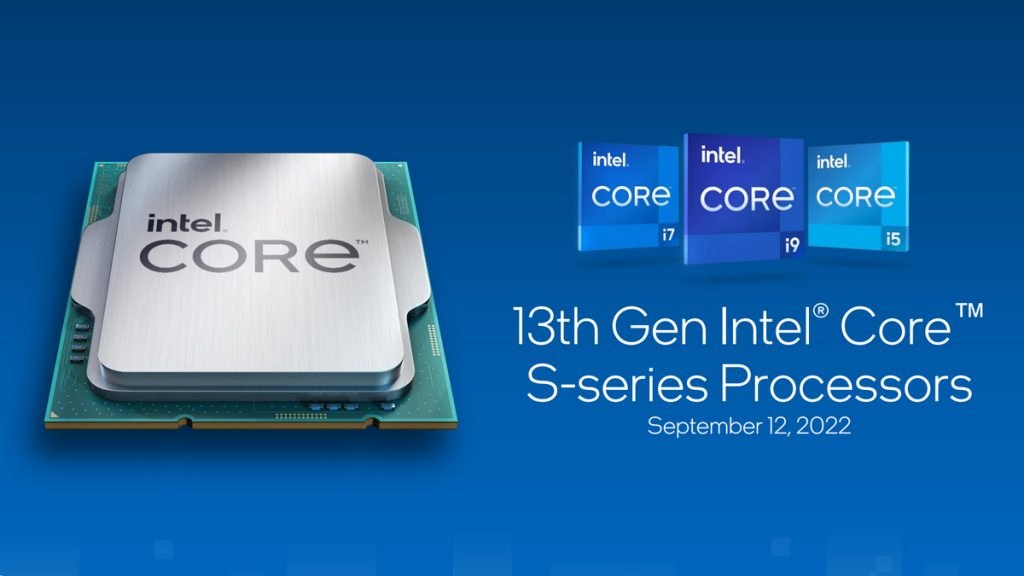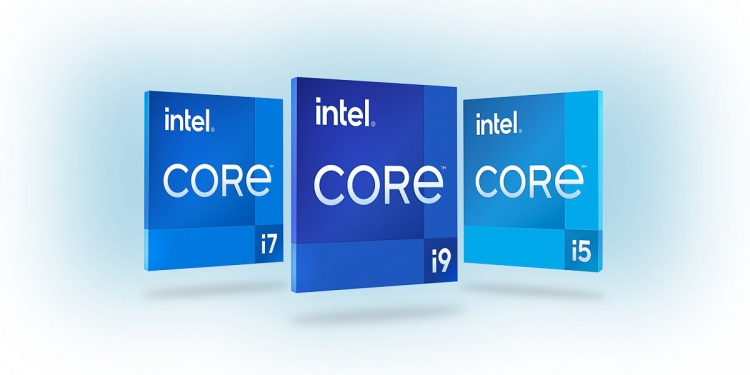Intel has announced that it will be providing an extended warranty of two years for its boxed Intel Core 13th- and 14th-Gen processors, which have been affected by crashing and instability issues for months now. The standard warranty period for Intel’s processors is usually set at three years. With the additional two-year coverage, this gives those processors a total warranty period of five years.
The root cause of the bug plaguing Intel’s Core 13th- and 14th-Gen processors was discovered to be contributed by elevated operating voltage, causing them to be unstable when running tasks such as gaming. Intel says the elevated operating voltage is caused by a faulty microcode algorithm ordering the CPU to ask for voltage beyond its safe boundaries from the processor.

Initially, the bug was thought to only affect Intel’s Core i9 and i7 SKUs. However, upon further investigation, the company confirmed that the issue can also happen to any Raptor Lake or Raptor LKake Refresh chips extracting 65W or more power, as well as the more common non-K models, according to a report by The Verge.
To help solve the issue, Intel says that it will be delivering a microcode patch which is said to address the root cause of the chips’ exposure to elevated voltages. The microcode patch is aimed to be released by mid-August this year via BIOS updates through motherboard OEMs and Windows updates. This should theoretically help end this issue that has been long-running since the first reports of the CPUs crashing first cropped up back in December 2022.
However, it is to be noted that the microcode patch won’t actually help repair the processors already affected by the patches, but rather prevent those that are yet to be affected by the issues from being exposed to the bug. In simple terms, once your processor is plagued by the bug, there is no turning back, leaving you with the sole solution of replacing the whole unit, which Intel is suggesting to its customers to reach out to its customer support for further assistance.

As for users who purchased systems from OEM or System Integrators, Intel suggests they reach out to their products’ respective system manufacturer’s support team for further assistance. Intel is committed to making sure all of its customers with the affected Intel Core 13th- and 14th-Gen processors will be supported.
The company said in a statement, “Intel is committed to making sure all customers who have or are currently experiencing instability symptoms on their 13th and/or 14th Gen desktop processors are supported in the exchange process. We are continuing validation to ensure that scenarios of instability reported to Intel regarding its Core 13th/14th Gen desktop processors are addressed.”
Still, if you own one of these processors, do not panic as the bug won’t necessarily affect all of the above-mentioned processors. But at the moment of waiting for the microcode patch to arrive, the best you can do to prevent the bug from plaguing your processor is to utilise the Intel Default Settings in your motherboard BIOS. However, there is no promise that this will 100% help with the situation.







